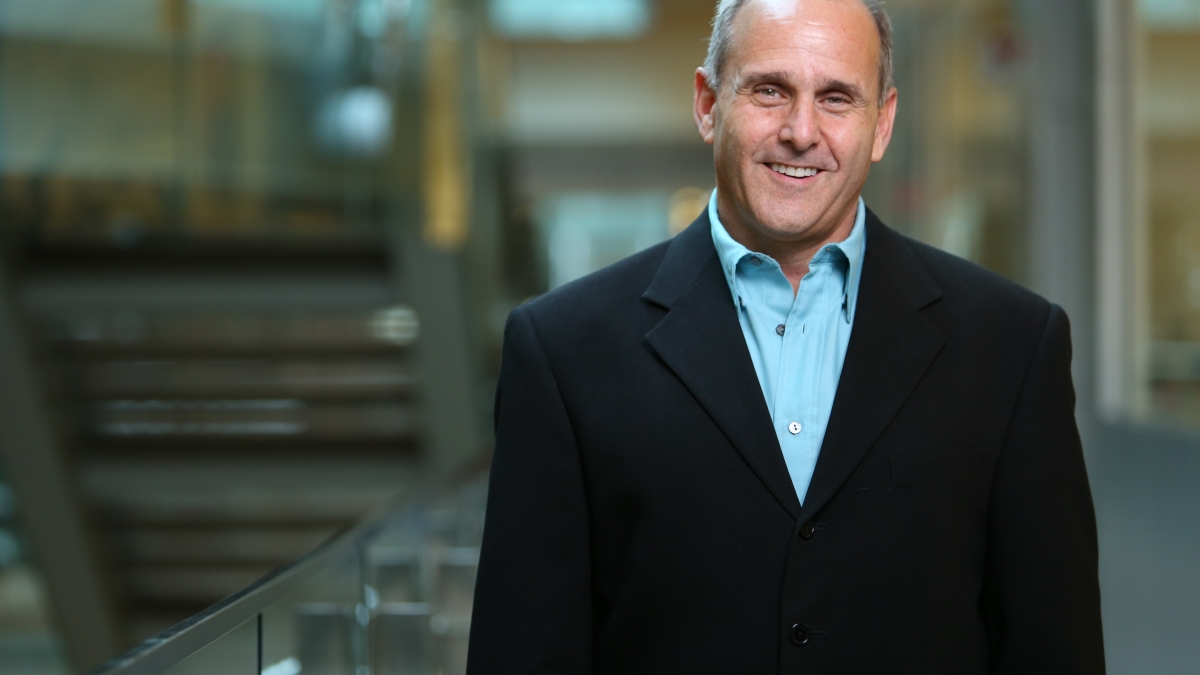ASU researchers search for telltale signs of ovarian cancer

This year, ovarian cancer will claim over 125,000 lives worldwide. The deadly disease remains the fifth leading cause of cancer-related mortality in U.S. women, killing about 15,000 per year.
While diagnostic screening has long been a watchword, efforts to identify the disease in its early stages often fail. By the time ovarian cancer is detected, it has typically progressed to an advanced phase, where the five-year survival rate falls below 30 percent.
Josh LaBaer and Karen Anderson, researchers at Arizona State University’s Biodesign Institute, hope to alter these grim statistics. Their work involves the development of biomarkers – blood-borne signals that can reveal the presence of diseases like cancer before a patient displays any outward symptoms.
To find the biomarkers (known as autoantibodies), they used NAPPA (Nucleic Acid Protein Programmable Array), a novel type of high-density microarray technology that uses a sample of the patient’s blood to look for and identify biomarkers. LaBaer, director of Biodesign’s Virginia G. Piper Center for Personalized Diagnostics, helped pioneer a powerful advance in this technology.
Three autoantibodies were identified as promising biomarker candidates in the new study. The team’s research findings, which represent the first demonstration of NAPPA technology for the detection of autoantibody biomarkers in ovarian cancer, recently appeared in the Journal of Proteome Research.
As their name suggests, autoantibodies are antibodies produced by the human immune system targeting one or more of an individual’s own proteins. While autoantibodies are themselves culprits in a broad array of autoimmune diseases – including lupus erythematosus, rheumatoid arthritis and multiple sclerosis – they can also act as a surveillance and early warning system for aberrant proteins produced by various cancers. Capturing the activity of cancer-specific autoantibodies therefore holds the promise of significant improvements for diagnosis and effective early-stage treatment.
“Early detection of ovarian cancer is critical for survival,” Anderson says. “Right now, most ovarian cancers are caught in late stages, after it has spread in the abdomen. The immune response to the cancer, as measured by the autoantibodies, may be detected even before clinical diagnosis.”
Autoantibodies as disease biomarkers offer a promising avenue for diagnostic exploration. Often, they are produced in cancer patients as a result of protein overexpression or mutation. Their warning signals are amplified by the immune system, making them easier to detect than some rival biomarkers and they persist in the body even after the disease antigen is no longer detectable.
In the current experiments, researchers were able to find 12 candidate autoantibody biomarkers for ovarian cancer. A number of the 12 candidate antigen biomarkers have been implicated in previous research with the development and progression of ovarian cancer tumors.
These biomarkers are currently undergoing validation in national studies funded by the National Cancer Institute and the Early Detection Research Network.

